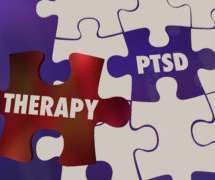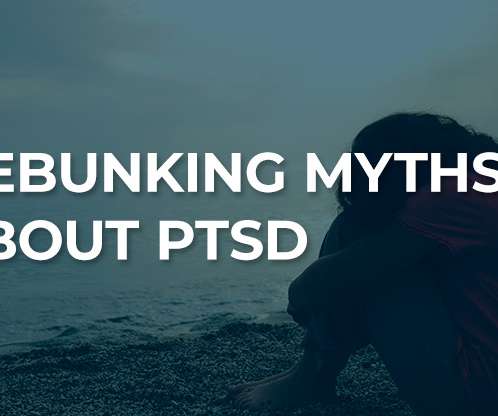How do we know when posttraumatic stress disorder is getting better?
Society of Clinical Psychology
JULY 13, 2020
This lack of a standard definition of what it means for a person to respond or not respond to PTSD treatment is in stark contrast to other areas of psychiatry that have well-developed definitions, such as depression or obsessive-compulsive disorder. depression and anxiety symptoms; Cuijpers, 2019; Yehuda & Hoge, 2016). Author Bios.










Let's personalize your content